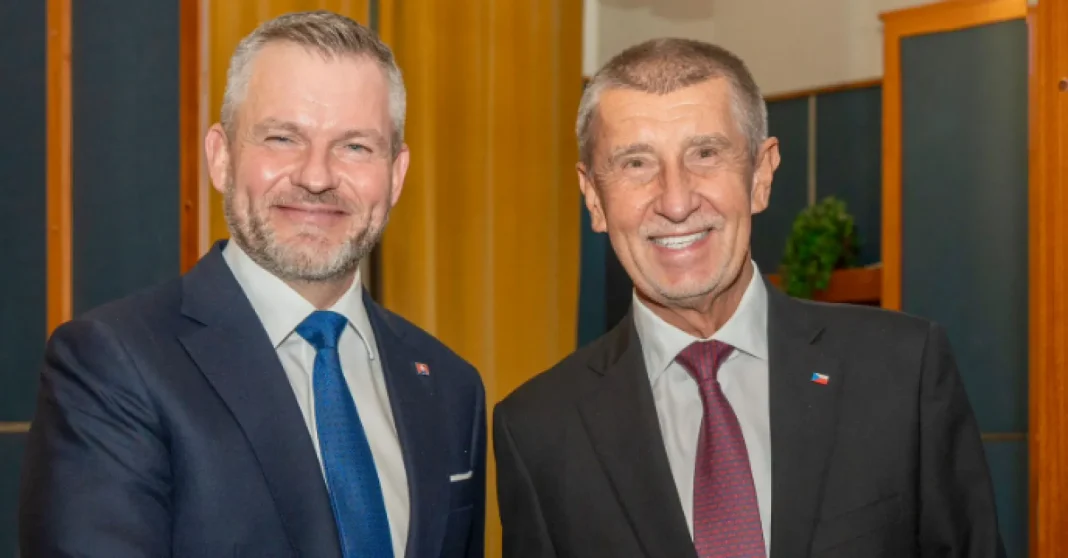The recent meeting between Andrej Babiš, a prominent Czech politician, and Peter Pellegrini, leader of Slovakia’s Hlas party, highlighted the duo’s commitment to revitalizing the Visegrad Group (V4). This alliance, which includes the Czech Republic, Slovakia, Poland, and Hungary, has faced numerous challenges in recent years.
Reviving the Visegrad Group

The Visegrad Group, established in 1991, aims to foster cooperation among Central European nations. In recent years, geopolitical tensions and differing national agendas have strained the alliance. Babiš and Pellegrini see immense potential in reenergizing this collaboration to address pressing regional and international issues.
During their meeting, both leaders stressed the importance of a united front to tackle challenges such as economic development, energy security, and migration. They believe that a strong V4 can play a crucial role in shaping EU policies and advocating for Central European interests.
Economic Collaboration and Growth

Economic cooperation was a key focus of the discussions, as both Czechia and Slovakia have a shared interest in promoting trade and investment within the V4. The leaders conveyed their enthusiasm for joint projects that can bolster the economies of all four member countries.
By aligning economic strategies and supporting emerging industries, Babiš and Pellegrini hope to create a dynamic and competitive regional market. This, in turn, would attract more foreign investments and drive sustainable economic growth.
Addressing Energy Security

Energy security remains a vital concern for the V4 nations, especially given the region’s reliance on external energy supplies. The meeting underscored the pressing need for a collective approach to energy diversification and independence.
Babiš and Pellegrini discussed pursuing renewable energy initiatives and enhancing energy infrastructure to reduce dependence on non-EU sources. By fostering energy collaborations, the V4 can ensure a stable and secure energy future for its members.
Migration and Cross-Border Challenges

The migration crisis continues to pose significant challenges for the region. Babiš and Pellegrini emphasized the need for a unified strategy to manage and respond to migration effectively. Improved cooperation among V4 nations could lead to more coordinated border security measures and humanitarian efforts.
By working together, the Visegrad countries can enhance their collective ability to address cross-border issues, ensuring stability and security across the region.
The meeting between Babiš and Pellegrini represents a promising step toward rejuvenating the Visegrad Group. As these leaders collaborate on shared challenges, their efforts could lead to a more cohesive and influential V4 on both the regional and European stages.





